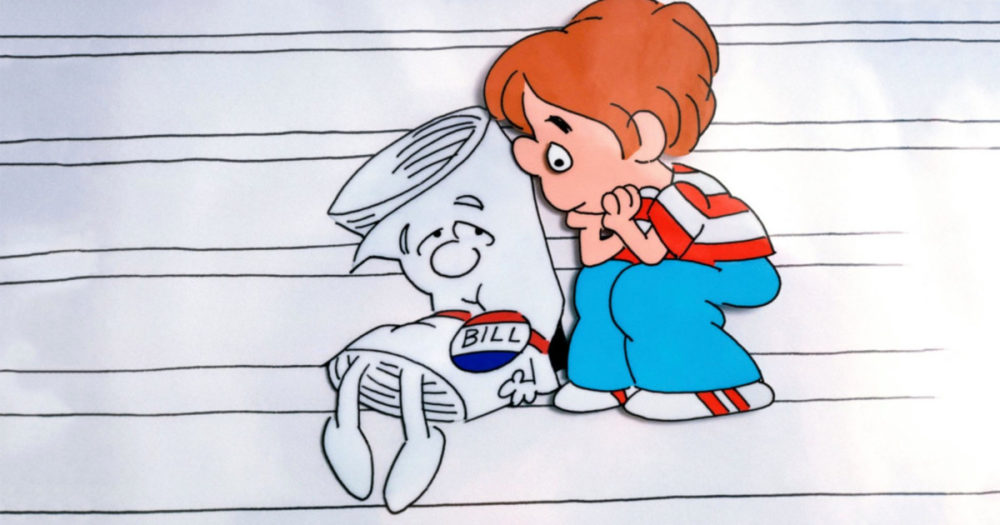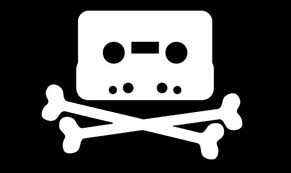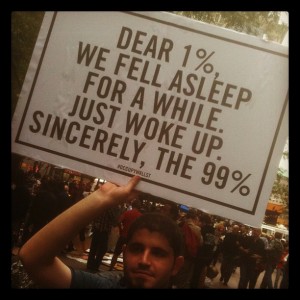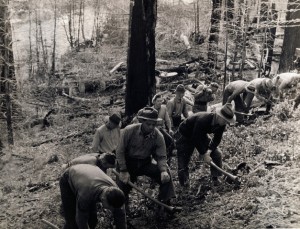The two big issues this legislative session in Texas are “property tax reform” and “school finance.” They are inextricably linked but both are being tackled separately in the Lege. Both the House and the Senate have passed their own versions of each so that means there will be a conference committee to iron out the differences to come up with a single bill (for each) that is acceptable for both chambers.
I’m not going to get into the fine details of either of these bills. I would suggest the Texas Tribune for in depth unbiased analysis. Instead I’ll focus on my take on the bills and how I believe they’ll impact Jeff Davis County.

First the good news. For the most part the school finance bill(s) are pretty good, or at least an improvement. The House version passed with broad bipartisan support and the Senate version passed unanimously. To my knowledge the actual formulas have not been released but it’s reported that while most school districts will see a benefit (i.e., an increase in state dollars to the district) some districts, particularly smaller districts that have benefitted from the “Robin Hood” plans, will be negatively impacted. I discussed this with one of the coauthors (an R from Harris County), and he offered to run the formula calculations for FDISD to see how we are impacted. According to him and the HB-3 formulas at the time the FDISD taxable rate will decrease from $1.17 to $1.09, and the district will receive a $107,000 positive gain from the state. Now, that said, these numbers will change as the bills get tweaked but this is a good benchmark to have. That should lower your property tax bill.
The more difficult bill is what will come from SB-2/HB-2, the so-called “Property Tax Reform” bills. (Because they are very similar and going to conference to produce a single bill, I’ll just refer to them in the singular.)
Let’s be very clear: SB-2/HB-2 will NOT lower your property taxes. What it will do is decrease the ability of your county to pay for current and future services and projects.
The main focus of this bill is a reduction in the amount that your county may collect in property taxes each year. The primary driver for this is the “rollback cap rate,” which is a little complicated but basically is the amount in total taxes your local entity (county and school in our case) may collect from existing properties, regardless of the tax rate or property values, without an election approving that tax increase. For a long time the rollback rate in Texas has been 8%. In other words if the total tax levy in Jeff Davis County increased for whatever reason by 7.999% or under from the previous year’s levy then no election needed. But 8% would require the county to hold an election for the voters to approve the increase.
Needless to say elections to approve tax increases are rarely successful. Y’all might recall we had one several years back when FDISD was in a serious situation after the state’s share of school funding had dropped so much. The proposal wasn’t a huge increase but it failed and FDISD had to cut a lot of programs and some positions.
Besides usually failing, elections cost counties money. So most counties end up doing a tax levy/budget shuffle to make sure they don’t exceed the 8% rollback cap and trigger an election.
SB-2/HB-2 will lower the rollback cap rate from 8% to 3.5%. Both bills started at 2.5% but that was a bit draconian for some moderate Rs and it was amended to 3.5% and exempts some school districts from the calculations.
In the Senate version counties with under $15 Million tax levy (JDC has about a $2M levy) will continue to have an 8% rollback rate BUT we must have a mandatory May 2020 election to determine whether we are also reduced to the 3.5% rate.
Unlike the school finance bills there is virtually no D support for this approach to “reform,” and some Rs have issues with it as well. They understand that things cost money, that services and products often increase in price well more than standard inflation. They know that the state and feds are continually requiring more from local governments while not providing the funding to pay for them: unfunded mandates. In the Senate there weren’t enough votes to bring it to the floor and some drama ensued around that.
So… presented with a problem – the prospect of ramming a flawed partisan bill with shaky support from their own party down the throats of Texas just to make good on promises (mainly to their base) – Gov. Abbott, Lt. Gov. Patrick and Speaker Bonnen got together and are floating a 1% statewide sales tax increase with most going towards “reducing property taxes.” (How the funds would be allocated to do that is unclear.) They are proposing it in the form of a Texas constitutional amendment, which will require 2/3 of both chambers and voter approval. Putting it forth as a constitutional amendment is a political tactic. The Lege could pass this without an amendment. But doing it as an amendment gets the politicians off the hook by putting it to the voters. If they vote “no” then, hey, we tried. If they vote “yes” then the voters, not the Legislature, increased your taxes. This proposal is drawing criticism from both sides of the aisle. The “no tax” crowd is opposed to any tax increase for virtually any reason. Others point out that a sales tax is the most regressive type of tax, hurting the poor most of all. This is true. So it’s uncertain how much traction this idea will get from the Lege or the voters.
One interesting sidebar to this is that Rep. Geren (R – Fort Worth) has, for several sessions, proposed a bill that would allow counties to add, by local election, up to a 1% sales tax, and that bill has always been squashed by leadership. But now the same leadership is proposing the same thing? What’s the difference? Well, the big difference is in Geren’s bill that money is going to the county. In the current proposal that money is going to the state. Hmmm… Texas has a history of collecting money for one thing and spending it on another, so that raises some red flags on its face.
Look, nobody likes paying taxes but everyone has to pay them. The question is who pays, how much they pay, and who is going to shoulder the weight of our tax burden in Texas. The elephant in the room is that Texas prefers property owners pay the bulk of taxes as opposed to having a state income tax or a higher corporate tax rate. There is vehement opposition to changing that dynamic. On the one hand that’s certainly been a benefit to industry choosing to make Texas their place of business and a robust economic engine. No question about it. But it’s also putting us in a position where home ownership becomes unattainable for many and a financial burden for some. It’s pushing rents higher all across the state, too. Property taxes in Austin for a mid-range home easily run around $1000/mo. We absolutely need to fix this and there’s no easy fix.
The bottom line is for us here in Jeff Davis County the school finance bill seems to be a benefit, while the property tax bill (at least what we know of it now) could make things worse. If our county votes to go to 3.5% cap it will take away a big chunk of the only source of revenue we have to fund things like our EMS, our law enforcement, and other essential services. Oh, there was an amendment to exempt essential county services but it failed in the Senate with every D plus Sen. Seliger (R – Amarillo) voting in favor, and every other R voting against it. We’ll just have to see what comes from the conference committee. Lt. Gov. Patrick continues his petty partisan management of the Senate by appointing no Ds to the conference committee – for the first time in over 30 years. Speaker Bonnen has yet to announce the House’s members to the committee but given his leadership this session it’s a safe bet it will be bipartisan and include some good minds across the political spectrum.
Will Texas get a bill that actually reforms property taxes in Texas or a bill that continues the trend of lower taxes, less services? There’s no way to know right now but what I do know is if we get what’s on the table right now it’s going to make things harder for us here in Jeff Davis County.







